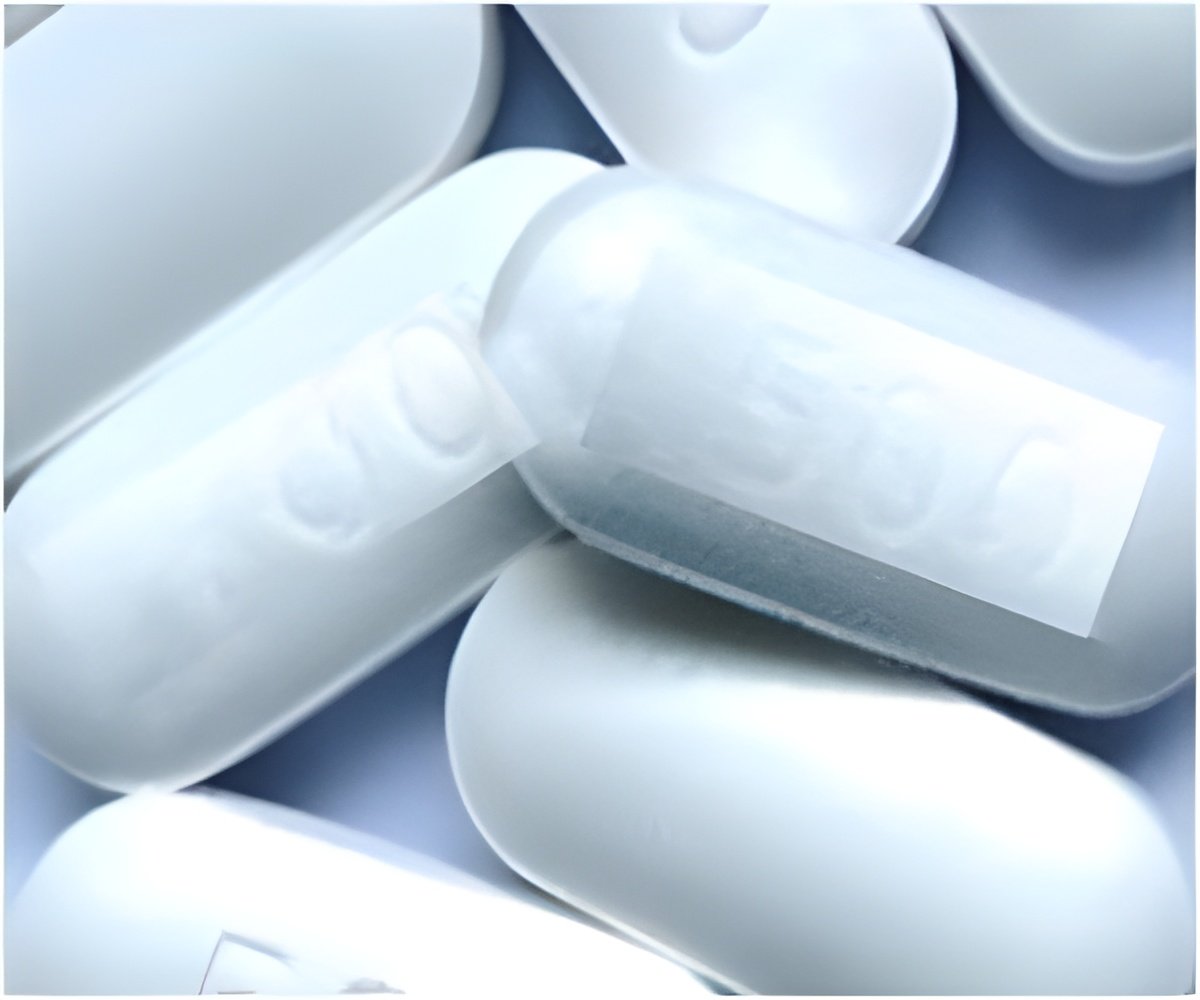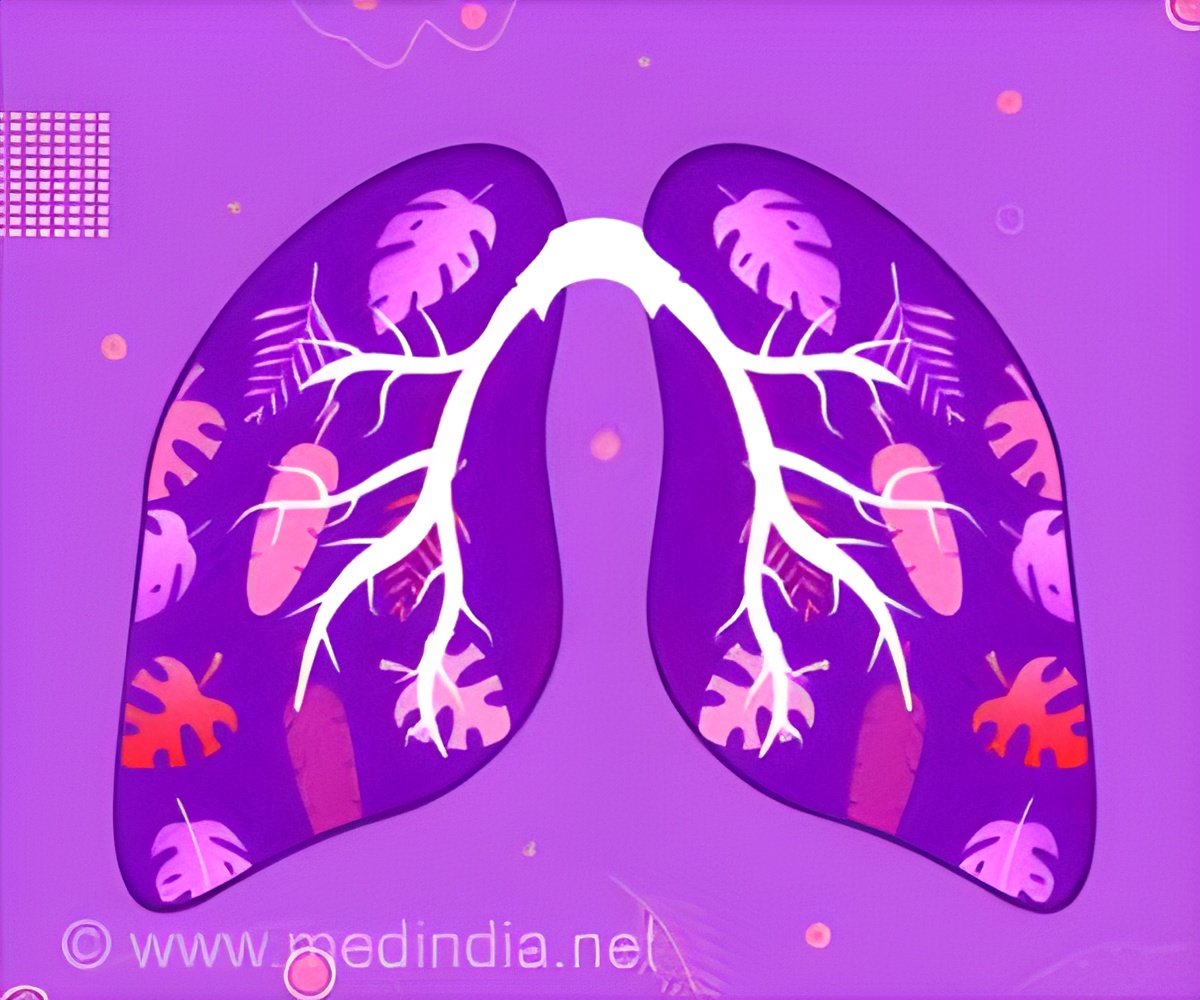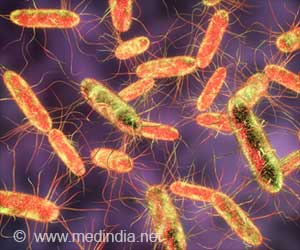Over 200,000 duloxetine bottles were recalled due to cancer-causing contaminants. FDA advises consulting doctors before stopping treatment.

Over 200,000 bottles of antidepressant duloxetine are withdrawn from the market due to the presence of a chemical N-nitroso-duloxetine that causes cancer.
Long-term exposure to high levels of N-nitroso-duloxetine may increase cancer risk. In October, over 7,000 bottles of the same antidepressant were recalled due to safety concerns. The Food and Drug Administration (FDA) classified it as a Class II recall because it may cause temporary or medically reversible health conditions.
Nitrosamine Contamination in Duloxetine
It is the second-highest category of the FDA’s three recall classes and remains unclear how it got contaminated. The contamination could happen during manufacturing or storage.
Advancements in technologies have led to the detection of even very small amounts of nitrosamine in multiple products. Nitrosamines are found in the environment, including water and certain foods.
Daily exposure to nitrosamine can not be avoided but it can be limited. According to the agency, taking a daily medication with nitrosamines at or below the acceptable daily intake limits for 70 years does not increase cancer risk.
Alternative Medications for Duloxetine
Duloxetine is a selective serotonin and norepinephrine reuptake inhibitors (SNRIs). SNRIs help increase levels of serotonin and norepinephrine in the brain Alternative medications like venlafaxine (Effexor) and desvenlafaxine (Pristiq) are also SNRIs that can be used as antidepressants.
The FDA recommends to consult with a doctor before stopping the duloxetine treatment. Sudden withdrawal of the medication can cause nausea, anxiety, depression, pain, dizziness, nightmares, and headaches.
Advertisement
Source-Medindia



